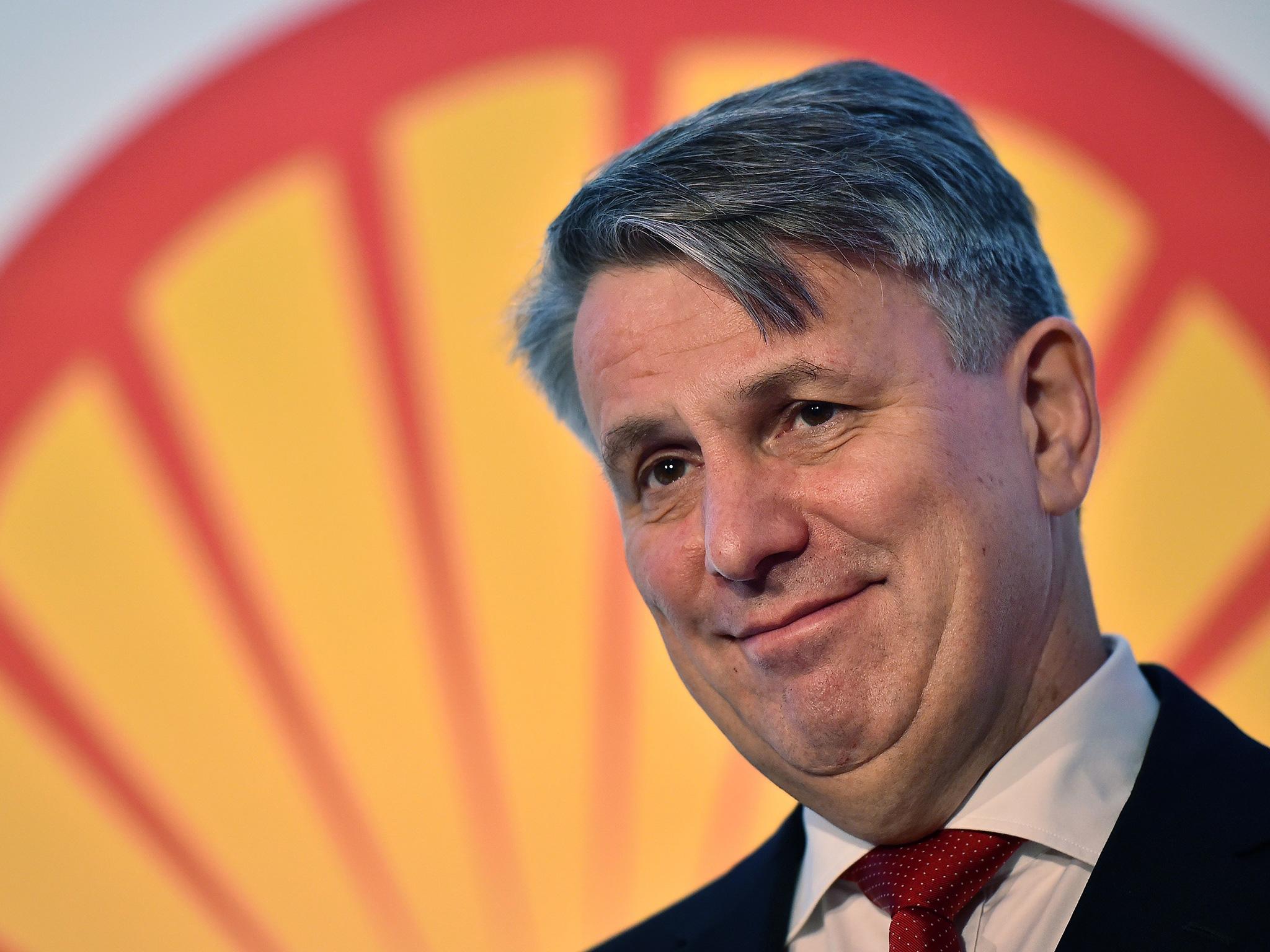Shell oil to link executive bonuses to greenhouse goals in effort to reduce carbon footprint
The Anglo-Dutch group has been under pressure from investors to rethink its business strategy

Your support helps us to tell the story
From reproductive rights to climate change to Big Tech, The Independent is on the ground when the story is developing. Whether it's investigating the financials of Elon Musk's pro-Trump PAC or producing our latest documentary, 'The A Word', which shines a light on the American women fighting for reproductive rights, we know how important it is to parse out the facts from the messaging.
At such a critical moment in US history, we need reporters on the ground. Your donation allows us to keep sending journalists to speak to both sides of the story.
The Independent is trusted by Americans across the entire political spectrum. And unlike many other quality news outlets, we choose not to lock Americans out of our reporting and analysis with paywalls. We believe quality journalism should be available to everyone, paid for by those who can afford it.
Your support makes all the difference.Shell, the world’s second-biggest oil company, has confirmed plans to link the size of executive bonuses to greenhouse gas emissions in order to further efforts to reduce the energy group’s carbon footprint.
The move comes in response to mounting pressure from investors urging the company to adapt to an expected flattening in oil consumption within as little as five years.
Shell said 10 per cent of bonus payments including for the chief executive and the chief financial officer would be linked to “greenhouse gas management”, though it was unclear what targets would be set.
Ben van Burden, the chief executive of Shell, whose total remuneration was £5.1m last year, including a £3.5m bonus said the the company will also conduct more active screening of future investment in reaction to international plans to phase out fossil fuels by the end of the century to combat global warming.
He said: “We have to be at the forefront of the transition; by the middle of the century you want to look at a portfolio that is really fit for the future.”
“We have linked executive remuneration in the past to energy intensity, and next year we’re going to make it even more specific to the CO2 footprint metrics associated with these energy efficiencies,” he added.
Shell, which has been ratcheting up efforts to reduce carbon emissions alongside rivals such as BP, Total and Statoil, will seek shareholder approval for the three-year scheme at its next annual general meeting, likely to be held next April.
Shareholders have been increasingly vocal in recent years over climate change, calling on the company to report regularly on emissions management and related investment strategies.
Additional reporting by Reuters
Join our commenting forum
Join thought-provoking conversations, follow other Independent readers and see their replies
Comments